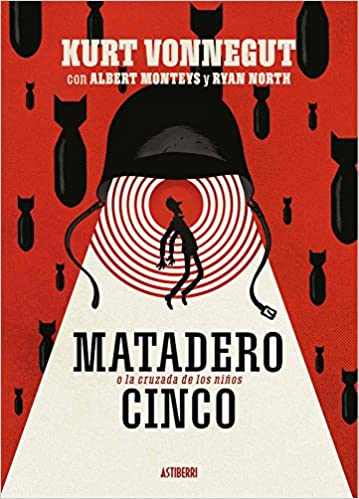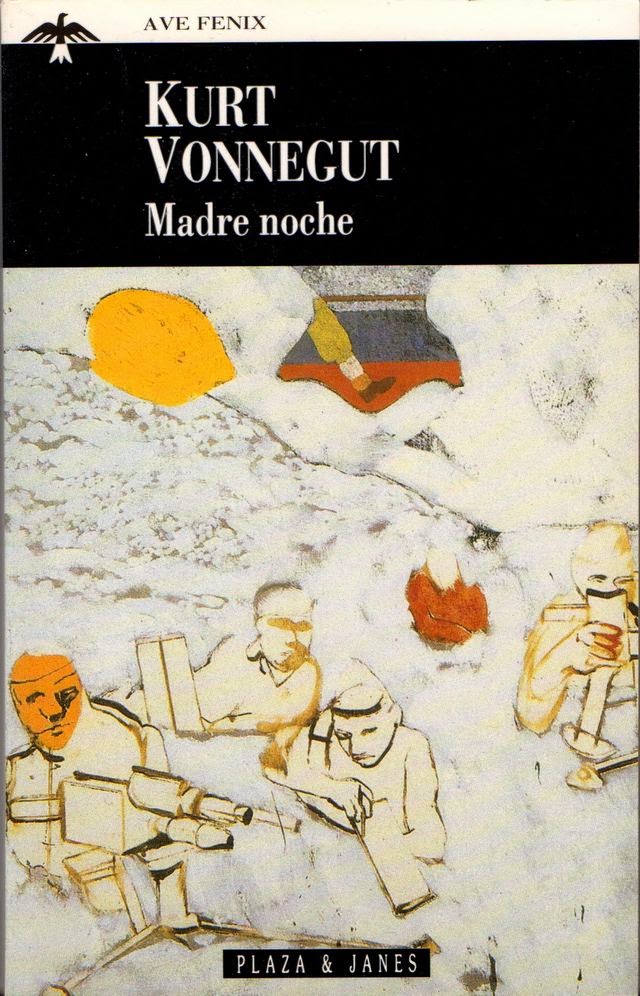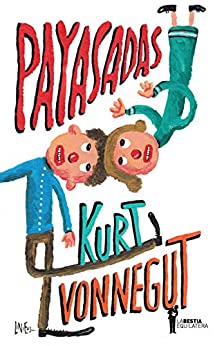Si Aldous Huxley o George Orwell would have given the witness to an author to continue with his literary work, that would be Kurt vonnegut. Because in all three authors an awareness-raising intention or perhaps just an ominous will is detected, in light of the future of human civilization.
And for this, these ingenious writers made use of science fiction and social and political dystopias in which the world ends up indulging in perverse interests for the survival of the elites or for the achievement of the ultimate goals of any economic and even moral dictatorship. .
The case of Kurt, as the last representative of this singular trio, restates in many of his books all those threatening dilemmas circumscribed to his time, straddling the XNUMXth and XNUMXst centuries.
As a good fatalistic narrator, his pessimism is usually adorned with an acid, black humor, a sarcastic laugh of the one who knows himself condemned or of one who already thinks he knows the ultimate destiny, which is none other than a sinister sketch as the only representation of a civilization that it is only an instant in the expansion of the cosmos.
And yet, reading Kurt Vonnegut is a healthy critical exercise to combat newspeak and false concepts of happiness based on individualism and the stockpiling of essentially perishable material goods, all in exchange for the soul, conscience and will ...
Top 3 Recommended Novels by Kurt Vonnegut
Slaughterhouse Five
Nothing more alienating than war. And at the same time, nothing is more fruitful in the creative than the experience lived where man shows his highest levels of violence and hatred, once he has been led to think by the ideals that the supposed enemies must die.
Vonnegut's experiences during the Second World War, in which he was on the verge of dying under the bombs of the very allies for whom he fought, are spread in this novel that does not just delve into the real tragedy, but rather takes advantage of alienation. , that kind of depersonalization that every soldier who senses that he is going through his last seconds on this planet can feel.
And said and done ... since the war, a survivor is abducted to a distant planet: Trafalmadore. The grotesqueness of the matter serves the author to deploy his wonderful art to extract the bile of comedy from the most tragic, like a macabre circus, like the humorous monologue of psychosis.
And it is there, from that other world, where we can all really share that comic perspective in order to make fun of ourselves as a placebo to combat our darker side.

Mother night
In my opinion, where this absolutely original and transforming point of the literary is most enjoyed is in the stories punctuated by Vonnegut's own experiences during the Second World War.
On this occasion the author manages to convey a complex ideology about the most severe contradictions, those that are capable of turning our frustrations into violence towards our neighbors. Howard Campbell hated the country of him. That is why he surrendered to the arms of Nazism to act as a spy for the United States.
The loser's dilemma is even greater when it is discovered that the cause was always born from that own hidden frustration. After the war, Howard is a wreck of himself, a bitter being, still capable of concentrating his hatred to make it explode when we least expect it.
On his side are all those guys dragged by the centripetal force of evil, as I always say originated in the hatred felt for oneself and projected to any new enemy that one wants to find.
Antics
Vonnegut's fierce criticism of nothingness, that void capable of invading the soul until it becomes a nullifying implosion. The ancient idea of belonging, naturalized for the creation of society, results in absolute futility.
Vonnegut parodies this idea from the transformation of the United States into a population completely grouped into pseudo-family groups. No matter what one or the other may be dedicated to, the question is to execute the plan of the American president who has had a great idea with which to solve old conflicts.
With the usual and masterful use of surrealism as a mixture of uchronia and utopia, Vonnegut invites us to meditate on identity, on the feeling of belonging, on the need for that feeling and on how precisely that feeling can be easily manipulated.


